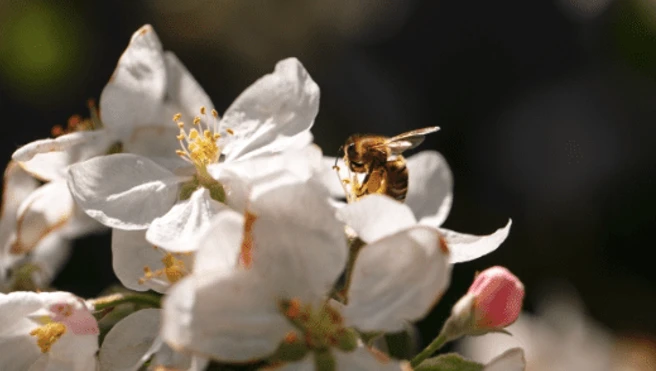Pollinators are a valuable part of the ecosystem. Honey bees, in particular, are important to the agricultural system and the food supply it generates. It has been well documented that honey bees have faced—and continue to face—significant threats, including parasites and disease, habitat loss, and pesticide toxicity. Pollination management strategies can help protect these valuable creatures and their habitats.
To this end, leaders in the pest management industry, such as Mosquito Joe®, take pollinator protection seriously. Our unique approach helps ensure that pollinators are protected without requiring you to sacrifice your yard to mosquitoes or ticks. Our goal is always to find the most harmonious approach to protect our pollinators without jeopardizing your comfort.
